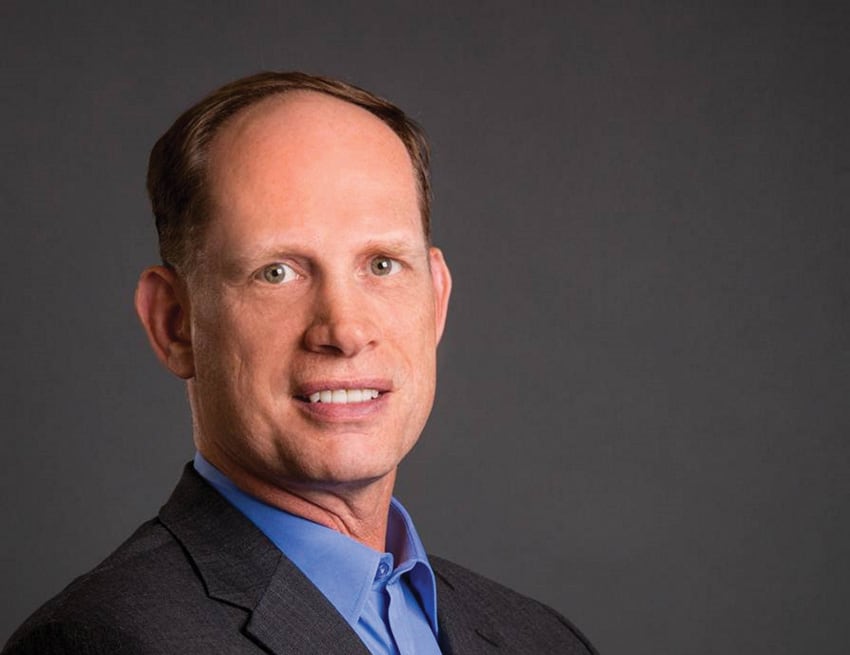An Interview with John J. Jablonski
Information Governance encompasses a variety of disciplines under one umbrella, and we here at InfoGov World realize we are attempting something groundbreaking by trying to pull them together. Among these disparate threads is eDiscovery:
Electronic discovery (also e-discovery or eDiscovery) is locating, securing, and searching for data and documents that are responsive in a legal matter, during the Early Case Assessment (ECA) stages of civil or criminal litigation. This process typically takes place online over a network but at times it is conducted offline on storage devices. eDiscovery uncovers potential evidence in a legal matter and includes all electronically stored information (ESI), which includes emails, e-documents, databases, voice mail, phone texts, audio and video files, social media, websites, and all associated metadata. The challenge of eDiscovery is securing the chain of custody, and preserving and reviewing all the various types of ESI.
We like to reach to those at the top of their field, with that in mind today we are talking with John J. Jablonski—Managing Partner, Gerber, Ciano, Kelly & Brady LLP.
John’s passion for technology is apparent in his over 20 years of experience advising clients on enterprise-wide initiatives involving data privacy and security, Information Governance, IT governance, litigation readiness, privacy and security of enterprise technology, applications and cloud-based systems (including click-wrap and browse-wrap agreements, terms and conditions, master services, service level and software licensing agreements and website privacy statements), matter management software, enterprise-wide electronic evidence preservation, and eDiscovery solutions. As a frequent author, speaker, and national authority on preservation of evidence, Information Governance, data privacy, data security, and e-discovery in the United States, John is a leader in his field.
InfoGov World: You were a litigator in New York. How did that lead to your pioneering work in implementing legal hold notification programs and eDiscovery?
John: I was always involved in technology. Early in my career, I worked to help clients protect the attorney-client privilege when implementing email systems (yes, I am that old). Then, clients started asking how to avoid sanctions in eDiscovery cases. This led to a lot of research on how courts were handling eDiscovery sanctions. As a trial attorney, I came to the conclusion that clients needed a defensible story to tell about their preservation conduct. This led to developing legal hold policies, procedures, and consulting with designers of technology systems to develop tools clients could use to implement legal holds.
What advice would you have for companies looking to revise and improve their legal hold processes?
It sounds cliché, but people, processes, and technology. The best technology tools are worthless without the policies, procedures, and compliance processes. Outside counsel needs to be able to prove that a company took reasonable steps. Simply saying “our preservation process was reasonable” is not defensible. Getting IT involved is also key. You would be surprised how often my assessment of an existing legal hold process reveals that no one is doing what the general counsel’s office thinks they are doing to implement a hold.
How has eDiscovery evolved in the last 10 years?
It is incredibly more efficient and cost effective. The true differentiator between teams that do eDiscovery
well and those that don’t is who has a better strategic approach specifically tailored to the case, case theories, and ESI involved.
How has the role of privacy increased in discovery preparedness and litigation?
Privacy is being honored in the breach. The industry talks about the need to have better MSAs, SOWs, protocols, and agreements, but I am not seeing it implemented as often as it should.
Have you seen a burst of activity due to the push for GDPR compliance
in your London office? And even in the U.S.?
Mature companies have been prepared for GDPR compliance for approximately two years now. We saw a flurry of activity in May (and continuing) for companies that believe they have zero exposure to GDPR, but want to make sure they are complying. Assessments in the past few months have revealed that companies collect and process far more EU resident data than they realize. While the risk of GDPR sanctions may be small for these companies, they are very real without some steps to mitigate exposure to GDPR or achieve compliance.
What are the biggest issues facing litigators when it comes to eDiscovery today—and going forward?
Avoiding complacency. Many litigators hand over the eDiscovery process to others without enough guidance to allow eDiscovery teams to be more efficient and cost effective. There is plenty of room to save clients money, including seeking court-imposed constraints on the scope of eDiscovery. Clients hate cost creep. A defined plan and reasonable scope (upon which you are willing to defend) is key to controlling costs.
What is one secret talent or hobby you have that might surprise most of your colleagues in the legal profession?
I still am active in contact sports. I play in an ice hockey league in the winter and the occasional rugby game (both over-40 age brackets). I played rugby competitively through my early 30s with a nationally ranked team—with multiple trips to England, Scotland,
and France.
Why Buffalo? What do you like most about living in Buffalo?
It has a great sense of community and we love to overcome adversity. It’s not surprising that I would live here if you understand that companies ask me to tackle some of their most complex governance issues involving the use of technology.
Are you a Bills fan?
It’s not always easy to be one, but it’s our team.
recent posts
You may already have a formal Data Governance program in [...]

